
Oct 1 , 2022
By RUTH TAYE (
FORTUNE STAFF WRITER
)
The Ethiopian Construction Management Institute has hired a consultant to erect an "excellence centre" its officials hope will serve as a hub for the development of the construction industry and a formal project management system.
The Institute contracted BD Designs Private Ltd, a Bangladeshi firm, through direct selection. The consultant is on retainer for two years to prepare the design for the centre at a cost of 22 million Br.
Direct selection was preferred to minimise the project's timespan, according to Dawit Mehari, deputy director-general of the Institute.
"We'll negotiate cost with the company as we go and the design will be finalised in three months," he said.
The centre will comprise a referral laboratory, training, incubation and research facilities. It is to be built on 14.2hct of land between Sendafa and Lege Tafo, towns in the outskirts of Addis Abeba. Dawit and his team expect the entire project to cost up to 800 million Br.
The Ministry of Finance has approved 300 million Br for the first phase of construction this year. Officials expect to see the project completed in three years.
The Institution plans to offer international certifications that would enable contractors to expand their reach to other countries. Its officials have tabled a directive to regulate the issuance of certificates to the Ministry of Urban Development & Infrastructure.
The project comes as the construction industry suffers from a range of ills, including skyrocketing prices for inputs. Retail prices for a quintal of cement hover near 2,000 Br.
“There is a scarcity of skilled manpower and professionalism. Many mega projects are nabbed by foreign contractors,” said Abdu Jemal, head of construction industry development at the Ministry.
There are over 20,000 registered contractors, according to data from the Ethiopian Construction Authority.
Accessing good-quality construction materials has become a serious hamper as there are no official standards nor adequate facilities to assess quality. In most cases, testing facilities utilise simple equipment.
The Ethiopian Conformity Assessment Enterprise is among a handful of entities tasked with inspecting and certifying construction materials. It provides internationally-recognised testing, inspection and certification services for exporters, producers, service providers, regulatory bodies, and importers.
Reinforcement bars (rebar), cement, ceramics, and electrical materials are among the construction inputs the Enterprise assesses.
"Any certified third party can provide inspection services," said Tekea Melese, communications director at the Enterprise.
However, industry players say it is not enough.
"Gaps in enforcing rules is another challenge in material standardisation," said Biruk Shimelis, deputy general manager of Flintstone Engineering Plc.
Flintstone Engineering Plc is a construction firm incorporated in 1991. It has handled more than 80 projects while its staff size has grown to 2,000.
“Ethiopia's construction industry doesn’t meet the minimum international standards.” Biruk told Fortune.
Officials hope to see the incubation and research facilities serve as tools to explore alternatives in substituting or improving construction inputs.
Shortfalls in competency and poor construction management practices are pressing problems as well.
Zelealem Woldeamanuel, a founder of Yirgalem Construction, observes that issues with competency are rife in the industry.
Yirgalem Construction, a grade-one contractor, was incorporated with Yirgalem Asfaw and Zelealem Woldeamanuel as major shareholders 17 years ago. The contractor currently handles over 20 projects with a combined value of six billion Birr. Its portfolio includes a recently-awarded 1.3 billion Br road project from Ayer Tena to Alemgena Roundabout through the Welete Suq area, west of Addis Abeba.
Zelealem has misgivings about how useful the centre can be to the industry.
"It could create room for domestic contractors to participate in large projects and diversify into other African markets, but I doubt it'll make much of a difference," he said.
Abebe Dinku (PhD), a professor of civil engineering at Addis Abeba University, also questions whether the absence of such centres is a major factor behind the issues plaguing the construction industry. He applauds the effort to build the centre but cautions officials that the investment will not pay off unless there are qualified and well-equipped professionals handling the efforts.
"Change won't come immediately. It'll take time," he said.
PUBLISHED ON
Oct 01,2022 [ VOL
23 , NO
1170]

Radar | Nov 30,2019

Fortune News | Feb 02,2019
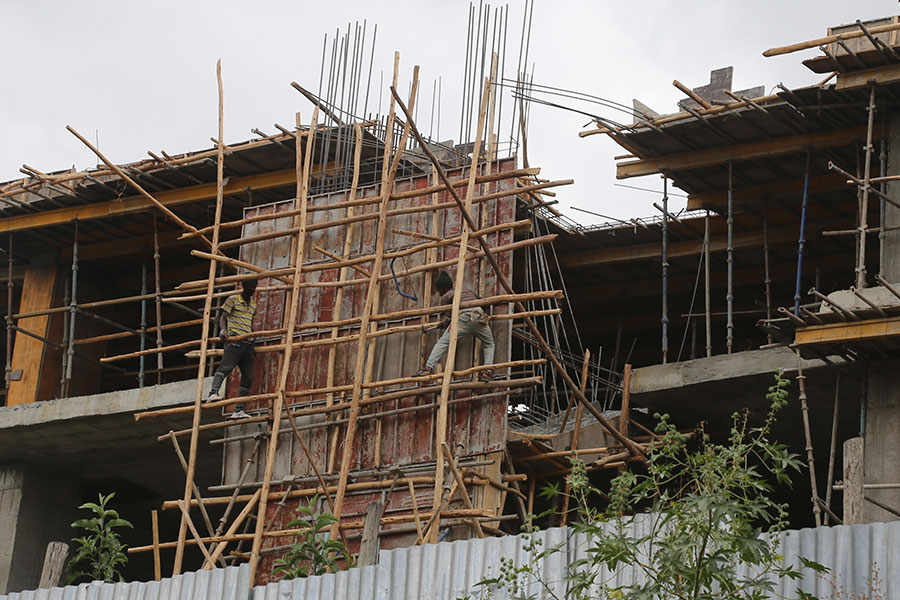
Fortune News | Apr 17,2020
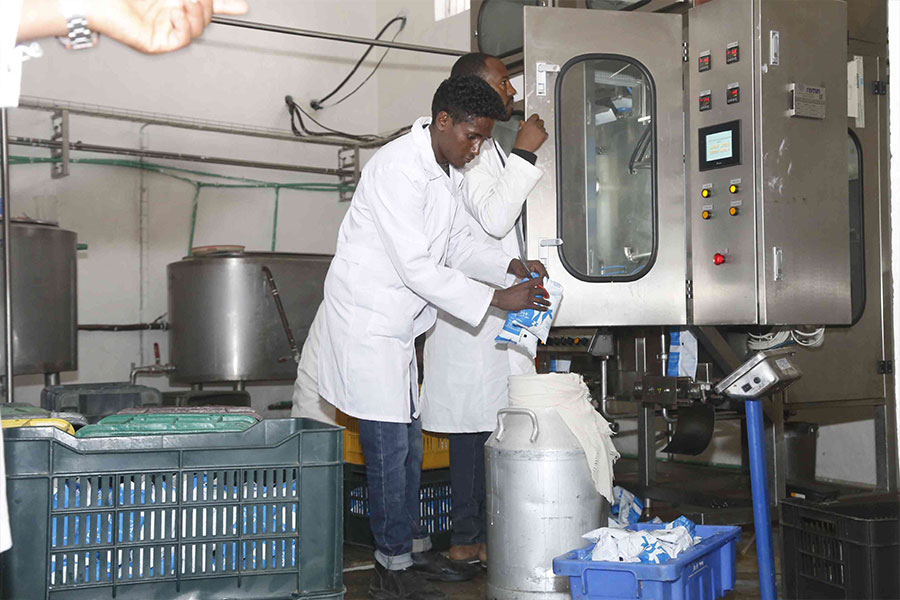
Agenda | Jun 07,2022
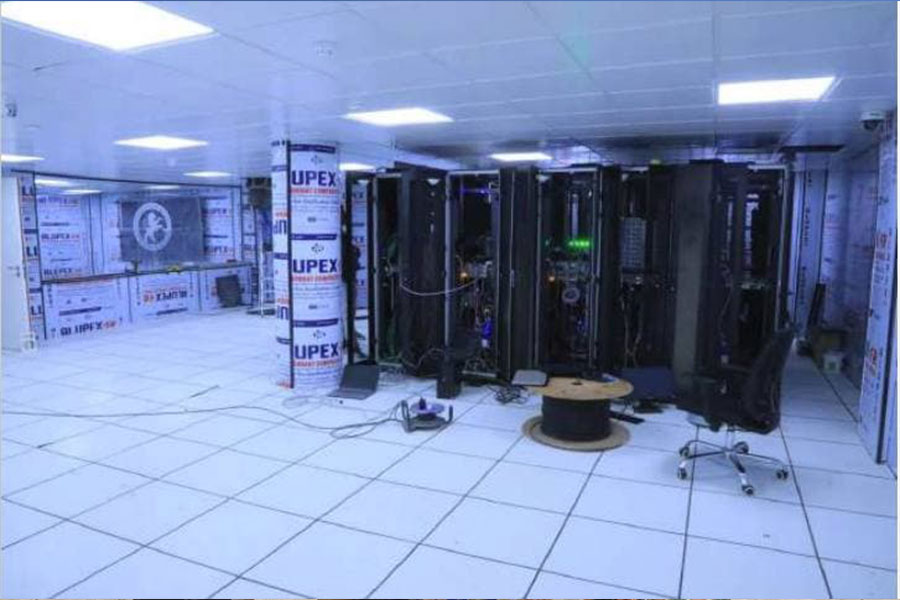
Fortune News | Oct 23,2021
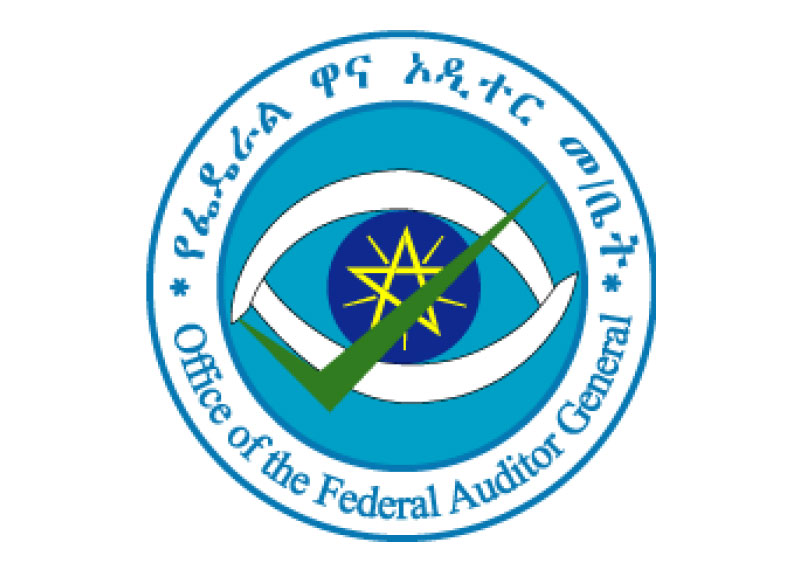
Radar | Jul 03,2021

Radar | Feb 16,2019

Radar | Jan 31,2021
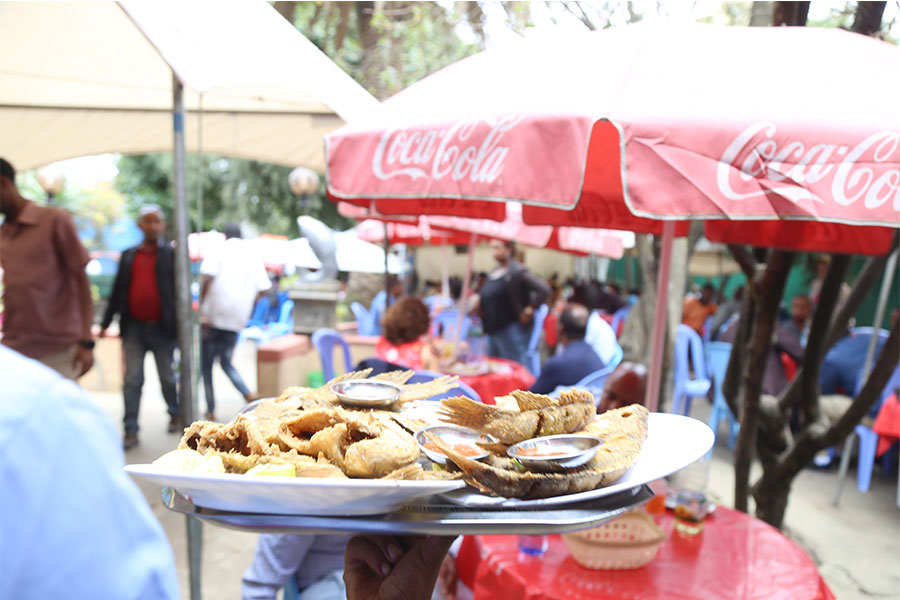
Agenda | Apr 13,2019

Fortune News | Aug 12,2023

Dec 22 , 2024 . By TIZITA SHEWAFERAW
Charged with transforming colossal state-owned enterprises into modern and competitiv...

Aug 18 , 2024 . By AKSAH ITALO
Although predictable Yonas Zerihun's job in the ride-hailing service is not immune to...

Jul 28 , 2024 . By TIZITA SHEWAFERAW
Unhabitual, perhaps too many, Samuel Gebreyohannes, 38, used to occasionally enjoy a couple of beers at breakfast. However, he recently swit...

Jul 13 , 2024 . By AKSAH ITALO
Investors who rely on tractors, trucks, and field vehicles for commuting, transporting commodities, and f...

Jun 28 , 2025
Meseret Damtie, the assertive auditor general, has never been shy about naming names...

Jun 21 , 2025
A well-worn adage says, “Budget is not destiny, but it is direction.” Examining t...

Jun 14 , 2025
Yet again, the Horn of Africa is bracing for trouble. A region already frayed by wars...

Jun 7 , 2025
Few promises shine brighter in Addis Abeba than the pledge of a roof for every family...